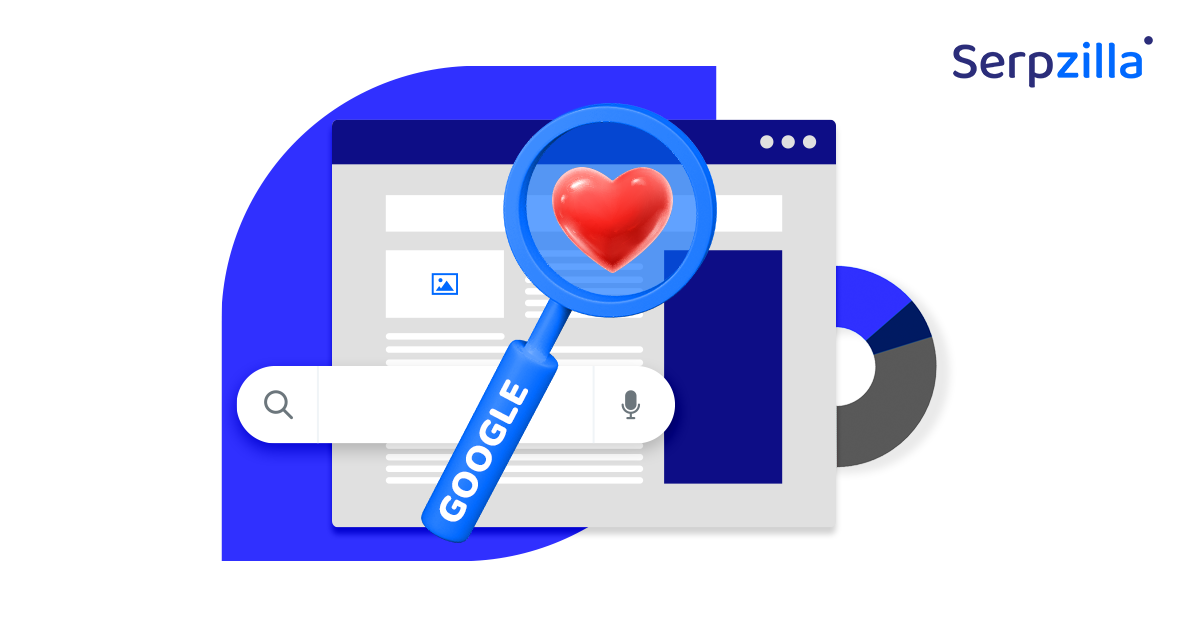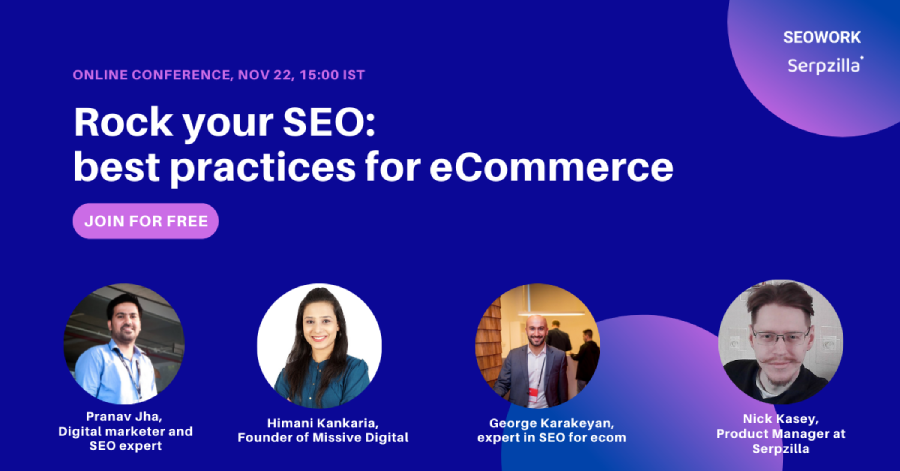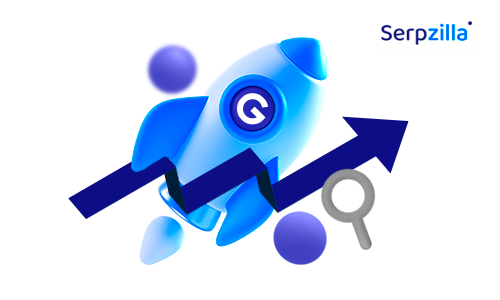The crucial question all website owners, SEO marketers and their customers want to have answered in as many details and as soon as possible is when am I getting my money back, how soon will my SEO investment start to show results, how do I know my SEO works. And the question is absolutely legit. Today SEO is an intricate, highly competitive domain that requires skilled specialists, a hefty budget and a lot of other resources. For many businesses, promotion costs as much, if not more, as production and seeing this money work is essential. In this article, let’s look at ways to predict your SEO timeline, how to apply realistic expectations to your SEO results and when to expect them.
Key Factors That Influence your SEO Results Timing
SEO as a domain has a very fine sensitivity to a huge number of factors and every campaign is very individual. The results of each campaign should be measured as such, taking into account many different factors that influence it. That is saying, comparing your performance with those who do not share your starting conditions will in all probability yield unreliable results. You need to weigh in the factors that affect your campaign and estimate their level of influence. Here are some key factors you want to consider:
1. Website Age and Authority
Newly registered sites usually take longer to kickstart because they have no authority to begin with and because your first Google crawl would probably still be with low authority figures. Established websites with a solid DA figure and a clean backlink profile typically do not have to wait log for a new SEO boost to kick in.

2. Competition in Your Domain
If you work in a sphere where the market is mature, competition is high and you have to fight over picky audiences, it takes more time and effort for SEO to show turnover. And the expected results may not be very high as well. Niche campaigns prove to be more effective, as audiences are not yet spoiled and relevant keywords will cost cheaper as well.
3. Keyword Difficulty
Ranking for highly competitive keywords can take a long time (sometimes years) because many established websites are already optimizing for them. Long-tail and niche keywords are generally easier to rank for and can bring quicker results.
4. Content Quality
High-quality, relevant, and valuable content can quickly unlock your SEO success. Sometimes all it takes is a single post that goes viral. Google has really favorable views on user-satisfying content. At the same time, poorly written or irrelevant content is likely to delay or even prevent ranking improvements.
5. SEO Strategies and Tactics you use
Your campaign needs to be well-balanced. For good and quick results, it is important to use a wide range of SEO instruments, leaving no blank spots. For instance, if you blow up your content marketing but neglect our social media, your results may sag because you lack interaction with the audience. Also, the use of black-hat SEO tactics can undermine even the most brilliant SEO campaign.
6. Budget and Resources
Sad but true, but the proportionate relationship between your SEO investments and Results is often very direct. If you are doing your SEO on a budget, you need to be very crafty about it and will probably need to wait longer, as some of the more effective (and expensive) means to promote your content, like highly competitive relevant keywords, are out of reach to you.
7. Technical Health of the Website and User Experience
Something you need to take care of as well. Search Engines are increasingly factoring the actual user experience at your site as a value that influences its rankings. This means you have to avoid clickbait content, make sure your site loading time is good, all the links and pages are healthy and maintain its overall good performance. The AI that Google has been using to rate site performance is called RankBrain and here are some metrics it considers and the change in their factoring:
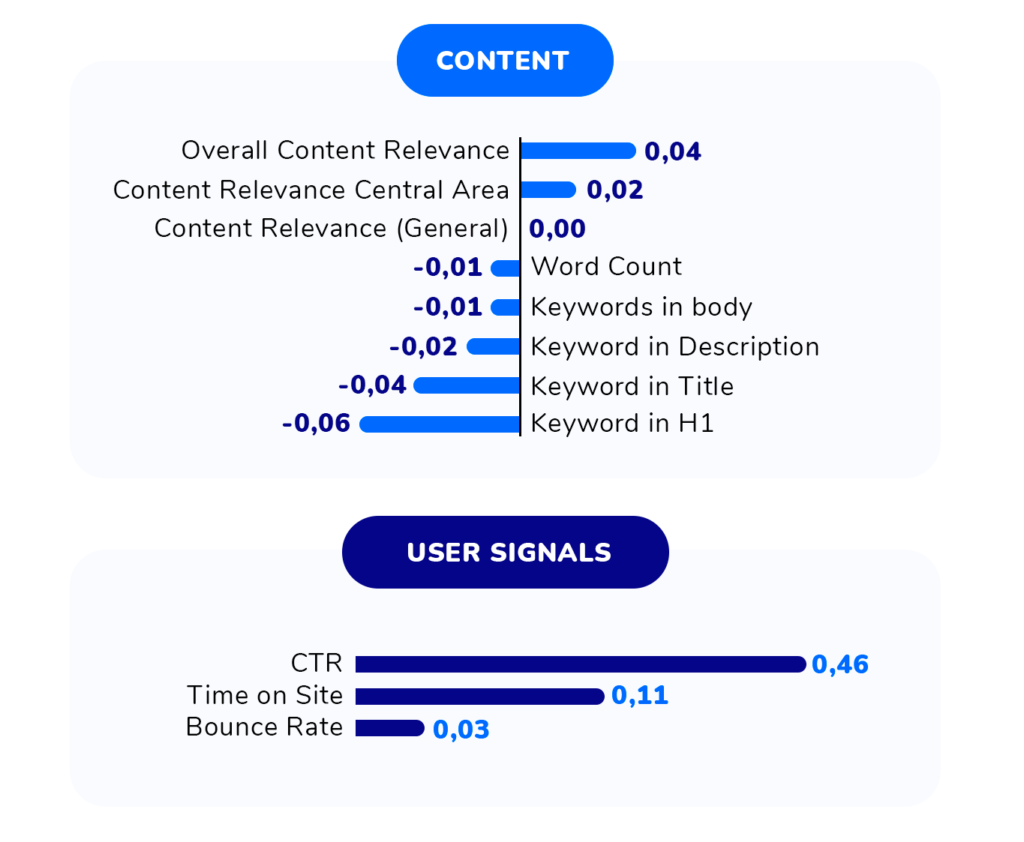
Which SEO Results You Can Expect and When
Now, even if you are only starting out with SEO, you already know that it is not a spring, it’s a marathon. So, your major task is to distribute your resources in such a way that you handle this journey. However, some results that your SEO effort brings become visible very soon, in some cases, almost instantly. Let’s take a look at what kind of results you can expect at various stages of your SEO campaign.
An overall and realistic SEO improvement graph in an averagely competitive niche usually looks like this:
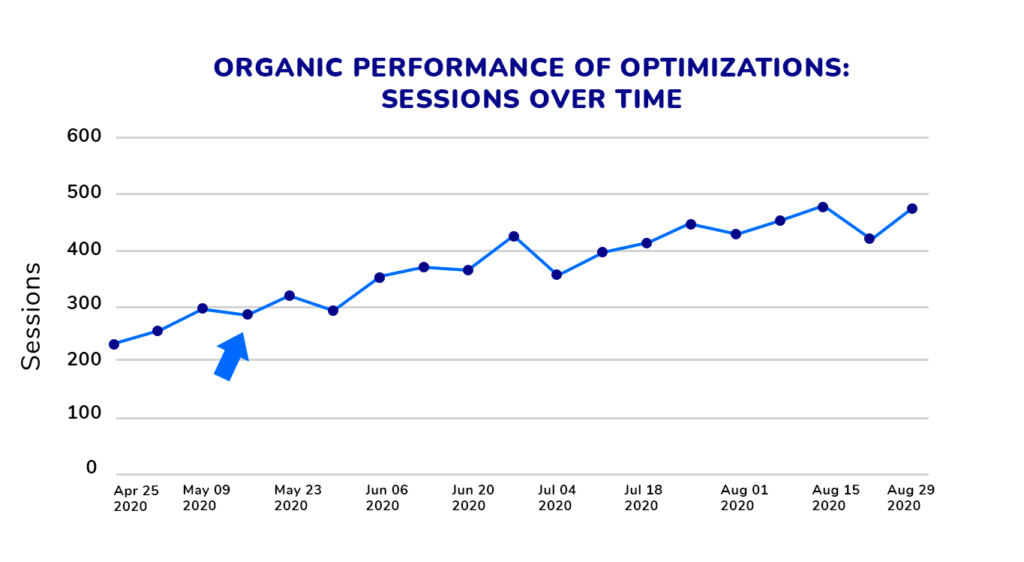
As you can see, there are ups, downs, but the general direction is steady growth. Rule number one: do not expect skyrocketing figures.
Short-term SEO results (1-6 months)
In the short term, your results are yet preliminary, many are subject to change, so it’s usually a good idea to treat them as trend-setters for the future and act accordingly. Things to look for:
- Improved Technical SEO: Fixes to technical issues on your website, such as improved loading speeds, mobile responsiveness, and the correction of crawl errors.
- Keyword Rankings: Initial improvements in rankings for long-tail and less competitive keywords.
- Content Indexation: New content starts getting indexed by search engines.
- Organic Traffic Increase: You may notice an uptick in organic traffic, especially from long-tail keywords and local searches.
- Engagement Metrics: Improvements in engagement metrics such as time on site and bounce rate, indicating that your content is performing better in terms of matching the user intent.
Medium-term Results (6-12 months)
This is where you can see that your routine SEO tools and strategies are working and that your overall SEO predictions were right. In general, it’s the stage where your SEO effort yield the most effect, as some tactics have already gained traction, but haven’t yet slowed down.
- Keyword Rankings: You will see more prominent improvements in rankings, including for more competitive keywords. You might start to see your pages go up in the SERP.
- Organic Traffic Growth: The increase in organic traffic continues on as more keywords start to rank better and content starts doing rounds around your audience. This is also when the snowball effect kicks in and referral traffic starts to roll in.
- Backlink Profile: Growth in the number and quality of backlinks to your site because by now your content gains visibility and is recognized as valuable by others in your industry. Slower tactics like the use of HARO, skyscraper technique and collabs bring their results.
- Conversion Rate: Improvements in conversion rates from organic traffic as a result of more targeted visitors and better-aligned content.
- Brand Visibility: Enhanced online presence and brand visibility, with your site appearing more frequently in search results across a wider array of keywords. This is the effect good recognition on social media can reap you.
Long-Term Results (1-2 years)
Long-term results are when you finally see your SEO efforts pay off completely. It is not just because a lot of SEO techniques have a delayed effect, but mostly because by that time your SEO should become a self-sustaining system. You have corrected what needs to be corrected, covered all blank spots and know how to handle unexpected disturbances. You are a well-known brand and your name already works for itself.
- Sustained High Rankings: by this time, your rankings are pretty much solidified, with multiple pages, not just home page, doing good in SERP for targeted terms.
- Significant Organic Traffic Growth: The increase in organic traffic volume is now very visible, with a number of diverse means driving traffic to your site.
- High-Quality Backlink Profile: A robust backlink profile from reputable sites, enhancing your site’s authority and trustworthiness.
- Strong Brand Authority: Establishment of your site and brand as experts in your niche, increased user trust and loyalty which is positively viewed by search engines.
- ROI from SEO: A clear and measurable return on investment from SEO, with increased leads, sales, and revenue driven by your website traffic.
- Adaptive SEO Strategy: An evolved SEO strategy that has adapted to changes in search engine algorithms, industry trends, and user behavior.
Boost your SEO results! Link building has become fast and easy with Serpzilla. Buy quality backlinks on authority websites with high DR.
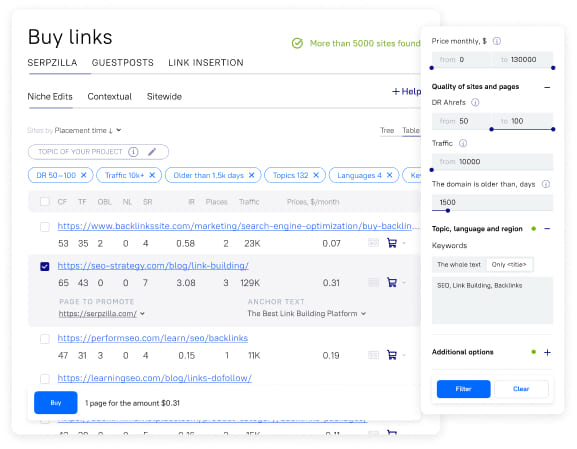
Conclusion
The bottomline here is this: If you are in SEO, prepare to be in for a long haul. SEO takes time, effort, resources and funds and there’s no way around it. However, when you design your campaign properly and set realistic goals, you achieve a sustainable solution that becomes maintainable and manageable and completely justifies your investment.



